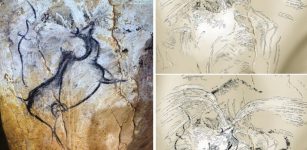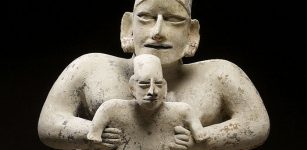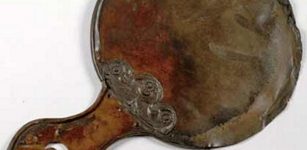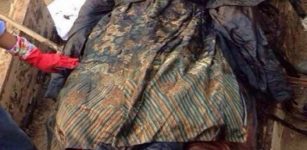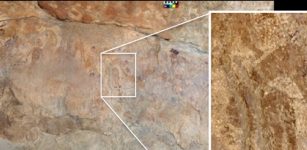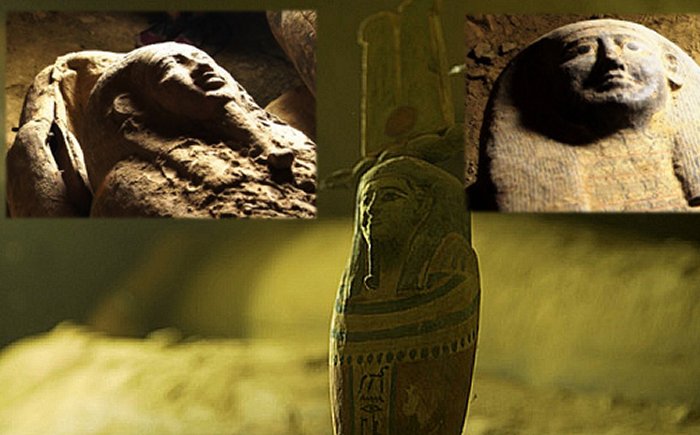Medieval Whip Used By Monks To Ward Off Black Death Found At Rufford Abbey, England
MessageToEagle.com – Archaeologists have discovered a medieval whip used by monks to ward off Black Death found at Rufford Abbey, a 12th-century Cistercian abbey, in Rufford, Nottinghamshire, England.
The medieval monastic copper scourge or cat-o-nine-tails – were woven copper-alloy wires braided together used by people in the Middle Ages to chastise themselves. They perhaps saw it being a way of cleansing the soul or self-punishment for society’s sins, and were popular after the devastation of the Black Death.
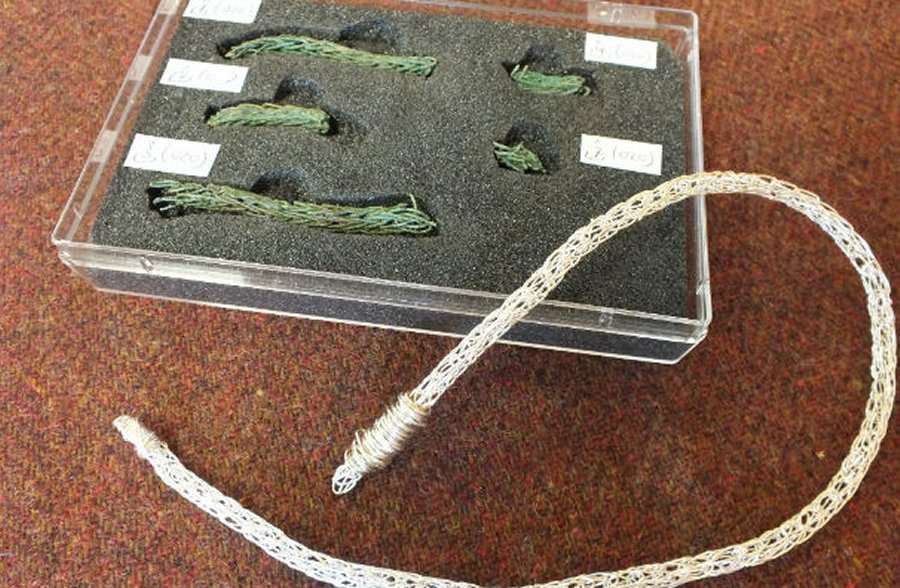
The object – one of only four in the country – was found in 2014 but a recent discovery has revealed its importance.
The Black Death plague ravaged the country from 1348, and put an end to prosperity at Rufford and the Abbey went into decline. It is possible that the Cistercian monks used the scourges in this period in an attempt to keep the Black Death at bay, or for the mortification of the human body.
“Each archaeological dig at Rufford Abbey unearths something new about its remarkable history and this is another fascinating discovery which helps us to build a picture of what life could have been like for the monks living in the Abbey during the dark days of the Black Death and its aftermath,” Councillor John Knight, Committee Chairman for Culture, at Nottinghamshire County Council, said, in a press release.
A similar metal scourge found at Rievaulx Abbey, another former Cistercian abbey, in Yorkshire, is on display there. A third has previously been found at Grovebury Priory (also La Grava), in Bedfordshire, with the fourth was found at Roche Abbey in South Yorkshire.
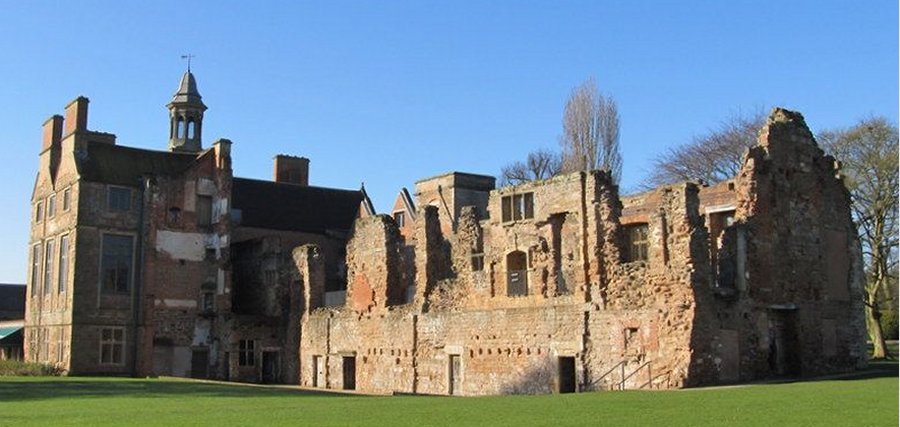
“There must be a number of unidentified scourges from monastic excavations, but apart from the one from La Grava I have not seen any others myself. I suspect they are very rare indeed, and this is an exceptional find,” Glyn Coppack, medieval specialist, said.
During the Black Death, in 1348 and 1349, records show wool trade profits fell in the following years, with less people to work the land. Rufford Abbey suffered ‘notorious poverty’, and various kings excused the Abbey from paying taxes during this time.
Cistercian monks would have risen at 4.30am to take part in church services, laboured in the fields for long hours and lived in austerity as they devoted their lives to their faith.
Despite the monastic vows of poverty, chastity and obedience of the period, there are also some surviving records of Rufford of monks who strayed from this path. They include Brother William, arrested for the murder of Brother Robert in 1280, and two monks who were charged with the highway robbery of Thomas De Holme, seizing £200 from him.
MessageToEagle.com
Expand for references

